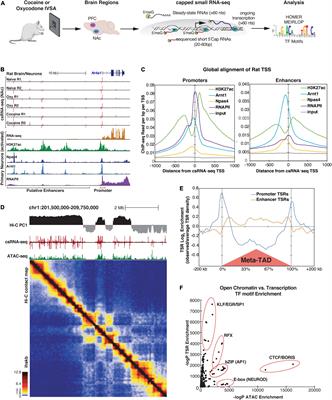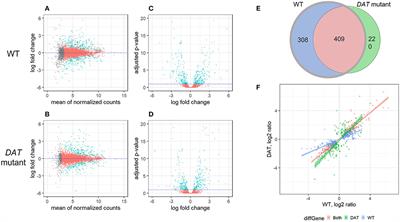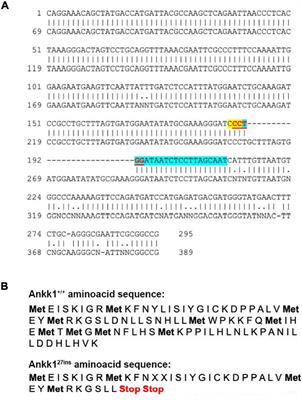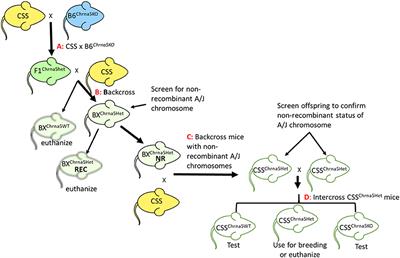ORIGINAL RESEARCH
Published on 16 May 2022
Glucocorticoid Receptor-Regulated Enhancers Play a Central Role in the Gene Regulatory Networks Underlying Drug Addiction

doi 10.3389/fnins.2022.858427
- 4,177 views
- 16 citations
18k
Total downloads
64k
Total views and downloads
ORIGINAL RESEARCH
Published on 16 May 2022

ORIGINAL RESEARCH
Published on 06 May 2022

ORIGINAL RESEARCH
Published on 15 Mar 2022

ORIGINAL RESEARCH
Published on 18 Feb 2022

ORIGINAL RESEARCH
Published on 14 Feb 2022

ORIGINAL RESEARCH
Published on 08 Feb 2022

REVIEW
Published on 12 Jan 2022

ORIGINAL RESEARCH
Published on 10 Jan 2022

ORIGINAL RESEARCH
Published on 17 Dec 2021

ORIGINAL RESEARCH
Published on 18 Nov 2021

BRIEF RESEARCH REPORT
Published on 18 Nov 2021

ORIGINAL RESEARCH
Published on 04 Nov 2021

